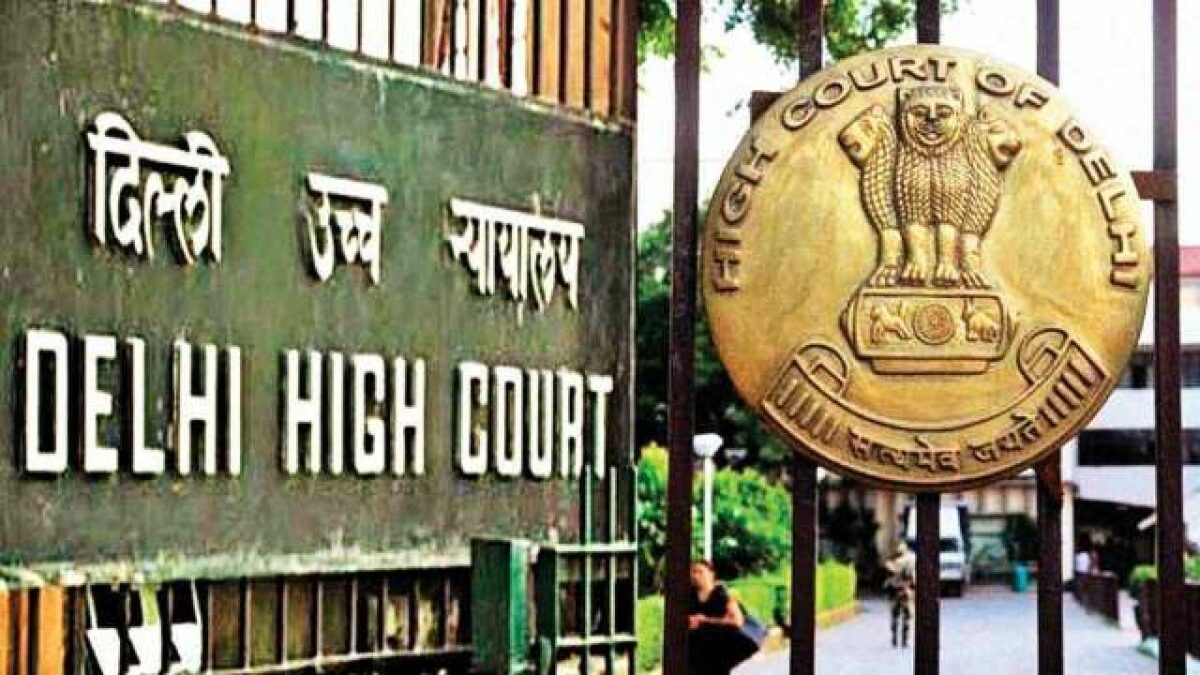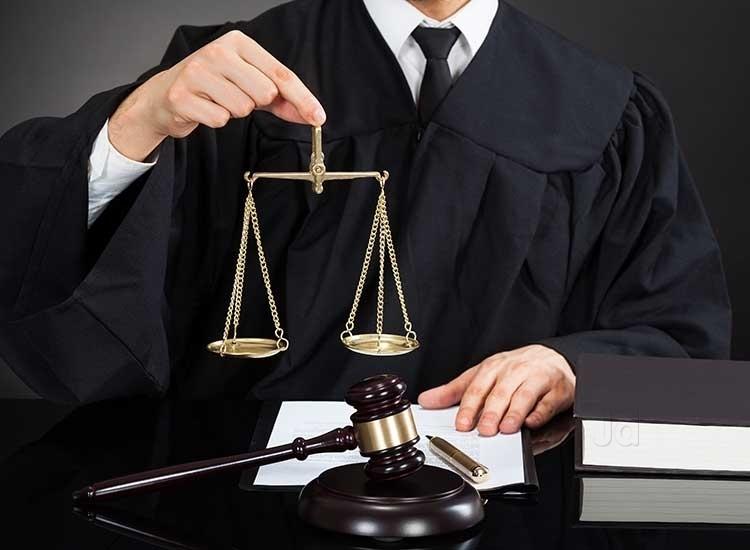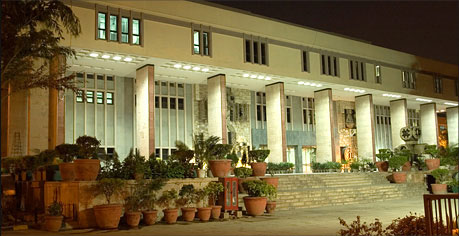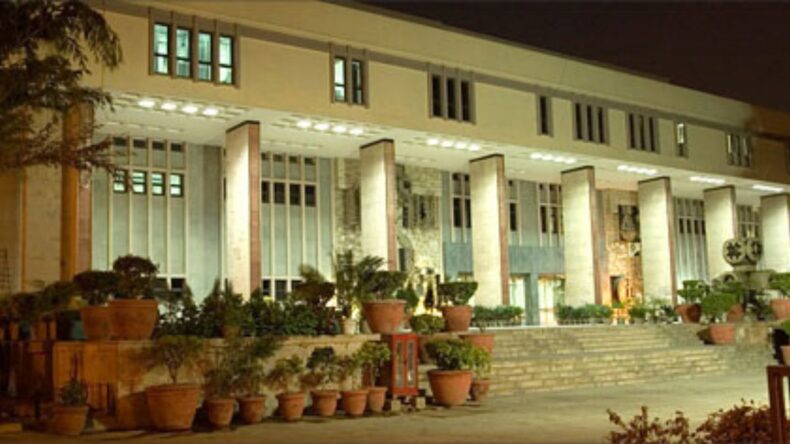
In a recent judgment, the Delhi High Court ruled that advocates’ offices run from residential buildings should not be subject to property tax as “business buildings.” The court held that lawyers’ professional activities cannot be considered commercial activities, and therefore, they should not be taxed under the Delhi Municipal Corporation Act. This decision came in response to an appeal filed by the South Delhi Municipal Corporation (SDMC) against a single judge’s ruling, which held that advocates’ services are professional activities and should not be classified or taxed as business establishments.
Legal Background
Justice Najmi Waziri and Justice Sudhir Kumar Jain, who made up the division bench, cited the Master Plan for Delhi (MPD), 2021, which, with certain restrictions, allows for professional activity in residential structures. However, the court emphasized that this provision of the MPD does not empower the corporation to levy taxes for professional activities carried out on residential premises. The problem first came up in 2013 when the SDMC sent a notice for payment of property taxes from a lawyer who had his office on a piece of his home property.

Arguments of the Municipal Corporation
The SDMC maintained that it had the power to impose property taxes on any properties and structures falling under its purview. According to the company, a structure or a portion of a structure should be regarded as a “business building” and thus be liable to property tax if it is utilized for business transactions, bookkeeping, or other commercial activities. According to the SDMC, any area of a building used for legal services should be categorized as a commercial building since legal services are considered to be a form of professional activity.
Respondent’s Counterarguments
The respondent contended that taxation powers must be explicitly stated in the statute, and the DMC Act does not provide the SDMC with authority to tax professional activities carried out in residential buildings. The court acknowledged this argument, stating that taxation powers cannot be inferred or presumed; they must be mentioned in the law.

Court’s Decision
The court upheld the ruling of the single bench, holding that lawyers’ professional activities should not be considered commercial establishments or business activities. The court referred to previous judgments, including a Bombay High Court decision and a Supreme Court judgment, which established that advocates’ discharge of professional activities does not fall under the definition of “business” or “commercial establishment.” The court stated that the term “establishment” refers only to shops as defined in relevant acts.
Furthermore, the court emphasized that taxation powers must be specifically mentioned in the statute and cannot be extended beyond their intended scope. Since no provision in the DMC Act deemed lawyers’ offices as business establishments, the court rejected the SDMC’s argument. It also noted that the language of section 116 A(1) of the DMC Act does not include taxes on professional activities.
The court also highlighted the importance of strict interpretation of taxation statutes and the need to adhere to the language and intent of the law. It stated that the Delhi Municipal Corporation (Property Taxes) Bye-laws, 2004, must do more than reach the statute itself. Therefore, the court concluded that professional activities conducted by lawyers should not be subjected to property tax under the bye-laws.
Conclusion
The Delhi High Court’s ruling brings clarity to the issue of taxing advocates’ offices run from residential buildings. By categorizing lawyers’ services as professional activities rather than commercial establishments, the court has affirmed that such offices should not be subject to property tax under the Delhi Municipal Corporation Act. This decision provides relief to advocates who operate their offices from their residential premises and reaffirms the importance of clear taxation provisions in the law.













